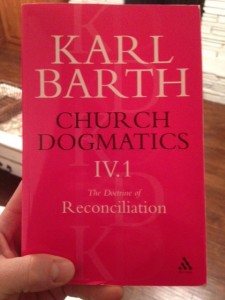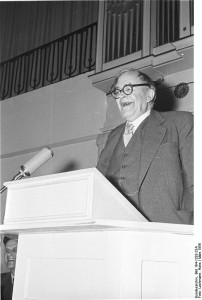I’ve never made up a “books I’m going to read this year” list. But this year might be different. I want to be more organized and disciplined in my reading, so I’ve been keeping a mental list of books I’m going to (try to) read in 2015. As you’ll see, the list is a strange blend of popular, academic, fiction, non-fiction, and is (still) dominated by books about sexuality, homosexuality, and gender. Here’s what I’ve got so far. Kyle Harper,... Read more
















